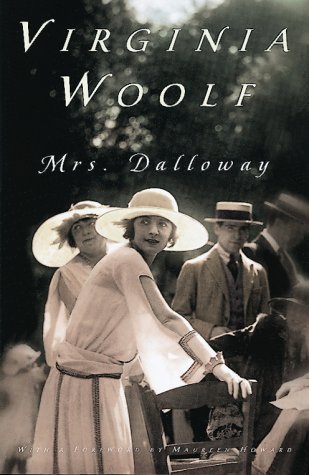
Good golly. I loved this book. Last December or so I went about spending a graduation gift in the way of used books. I picked up The House on Mango Street by Sandra Cisneros for a dollar. One dollar!
Well. I finally got around to picking it up tonight. Only a few pages in I had to stop to rave about it to my roommate. That doesn't happen very often.
The House on Mango Street is a story told to us by Esperanza, a young Latina girl coming of age in a rough neighborhood in Chicago. She lives in a "sad red house, the house I belong but do not belong to." Through Esperanza's observations and retellings we come to know the various characters in the neighborhood: Rafaela Who Drinks Coconut and Papaya Juice on Tuesdays, Sally, and Minerva, are a few who come to mind. Before she tells us, we know Esperanza is a poet... speaking in similes and metaphors and images.
A few of my favorite passages:
"In English my name means hope. In Spanish it means too many letters. It means sadness, it means waiting. It is like the number nine. A muddy color. It is the Mexican records my father plays on Sunday mornings when he is shaving, songs like sobbing."
"You can never have too much sky. You can fall asleep and wake up drunk on sky, and sky can keep you safe when you are sad. Here there is too much sadness and not enough sky. Butterflies too are few and so are flowers and most things that are beautiful. Still, we take what we can get and make the best of it."
"People who live on hills sleep so close to the stars they forget those of us who live too much on earth."
I finally get what's such a big deal about Sandra Cisneros.
Recommendation: Please read this book.



